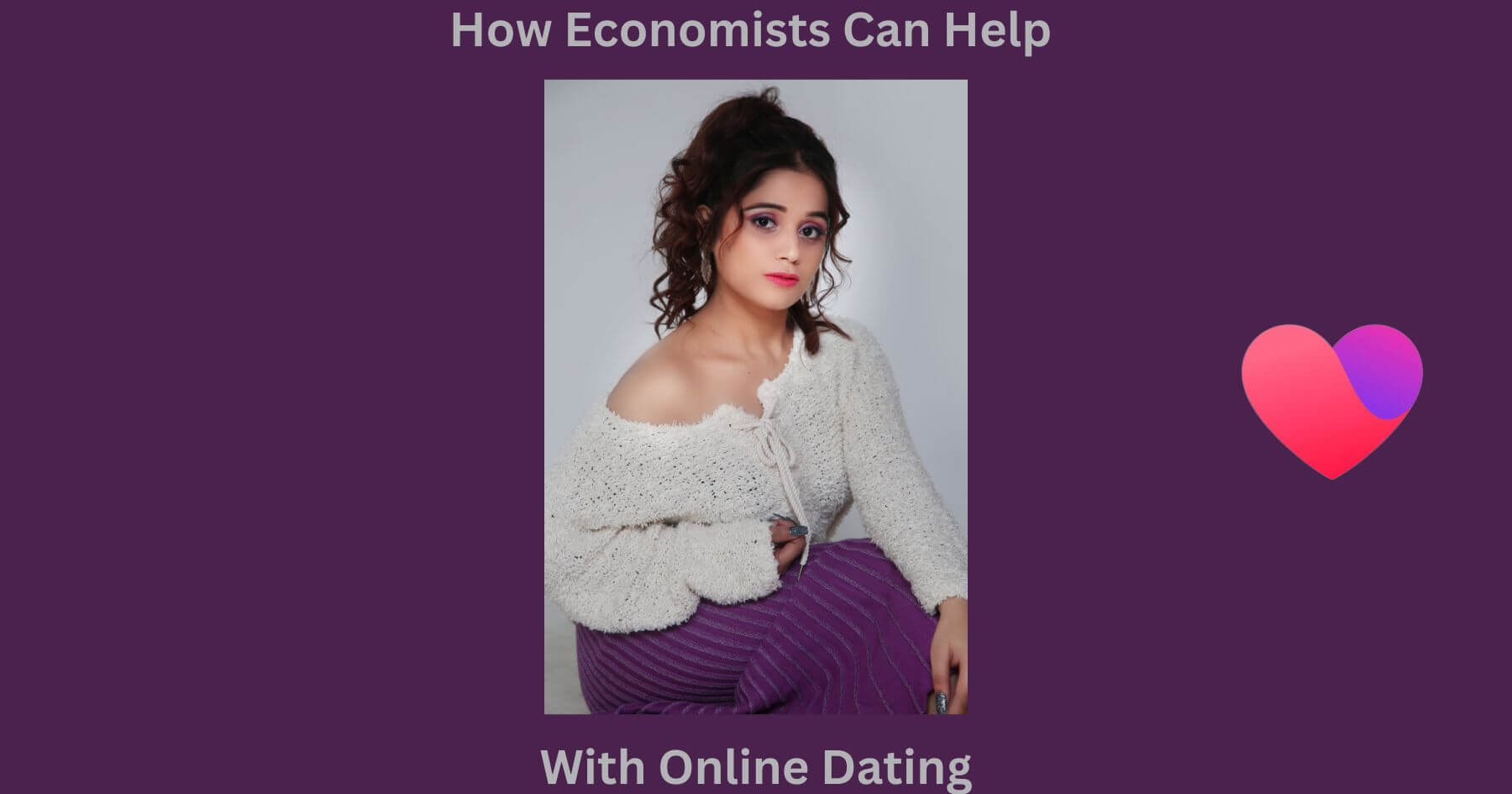How Economists Can Help With Online Dating – Mr. Roth created markets for organ donors, hospital physicians, and school students who were looking for a match. And, while he still needs to build an online dating website, he has plenty of ideas about how to make it more successful.

According to Mr. Roth, the first step for a website is to create a “thick” market. This is an economist for a conference call with a large number of people attempting to communicate. This person is an economist. Many individuals, on the other hand, find it easy to sign up for a dating site. “There is always a thick market for people searching for someone else,” says Paul Oyer, Mr. Roth’s Stanford University colleague who has written a widely-cited book: “Everything I ever wanted to know about the economics I learned from online dating.”
Read also: Best Discount Shopping Apps
According to Roth, the popularity of dating apps causes “congestion,” which is how economists refer to bottlenecks in an exchange system. Congestion occurs when men spam every woman they match on Tinder, as women often complain about in the app. Mr. Roth claims that this action is completely rational and allows you to match people indefinitely due to Tinder’s structure. The principle of “signaling,” which explores how actors in any market can be compelled to send costly and therefore truthful messages about themselves or their purpose, provides solutions to message congestion.
According to the economists, Soohyung Lee and Muriel Niederle’s recent experience in improving online dating sites using signaling mechanisms, members of the Korean Dating Site who expressed particular interest in one person were given a limited number of virtual roses to include messages in the eventual match. Since they knew their desires were real or went beyond a split-second moment to see how they were going to respond, people reacted more often to those who sent them a rose.
A variety of online dating sites have introduced something similar. Every Tinder consumer is given a “mega” day to prove that they are interested in someone special. And Hinge, a dating app that pairs people based on their Facebook friend graph with people two or three degrees away, can only make ten matches per day.
Another issue with online dating is what Mr. Oyer refers to as “statistical profiling.” When reading online profiles, we all infer something from others that may or may not be valid. Implicit information can also be conveyed in the same way that we communicate.
Whitney Wolfe, the CEO, and creator of Bumble, as well as a co-founder of Tinder, is attempting to address this problem. Bumble helps women to initiate interaction with men, but not the other way around. “If a female takes the first move on many of these dating apps, the experience is not precise,” Wolfe says. “Guys would assume, ‘Oh, she makes the first step, she must be insane,’” she claims, arguing that Bumble will make this action the only choice for its users to escape this stereotype.
Mr. Roth claims that finding out whether you like someone until you match on online dating would not fix anything. Although right wiping takes just a few seconds, having dinner with someone is a form of market congestion that cannot be avoided.
One answer might be to use old algorithms: why can’t dating apps figure out who you’d like to meet better than Netflix can figure out what you’d like to see next? Two researchers recently developed a framework that can tell if you would like anyone just by looking at their photos – even if they aren’t yet excellent – using machine learning.
Mr. Oyer claims that “cost-benefit analysis” is the secret to avoiding “romantic unemployment” on every online dating platform. This is a delicate way of emphasizing that finding a partner is often necessary. A recent analysis of 1,000 couples showed that the women in those couples were 20% less attractive than the average women in those couples in the two months after entering Hinge. (It’s likely that men were 12 percent pickier in these couples.)
According to Jon Birger, author of Date-Economics: How Dating Has Become a Lopsided Numbers Game, shifting the market is the only way to boost online dating experiences. We can exploit the needs of whatever we want, just like the Fed or the SEC, but our behavior is essentially determined by the “real” economy of potentials. Given the unfavorable ratio between females and males with a college education, his advice is “geography is important” in almost every region. Silicon Valley is one of the few places in America where educated people prefer women. And technical culture is unique in this regard.